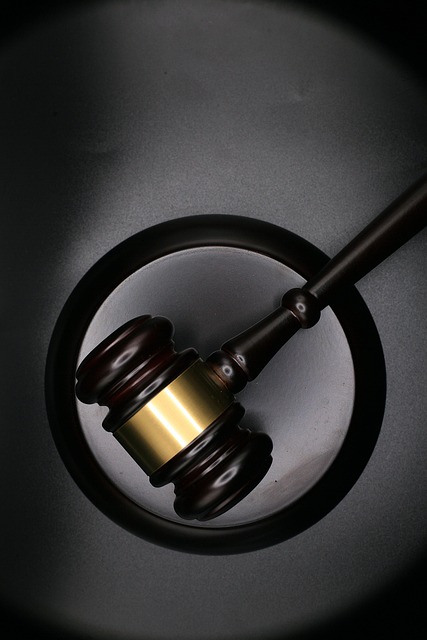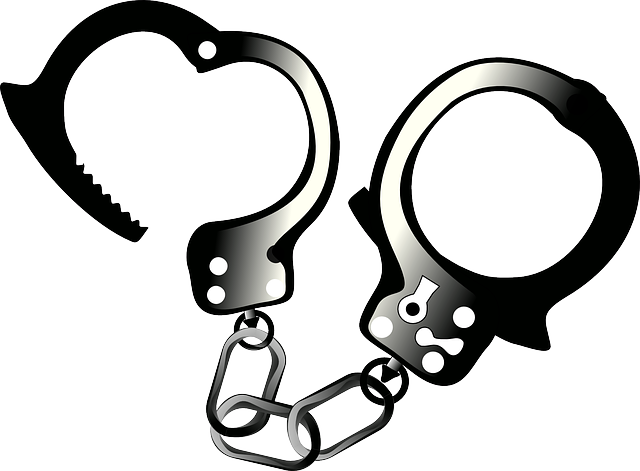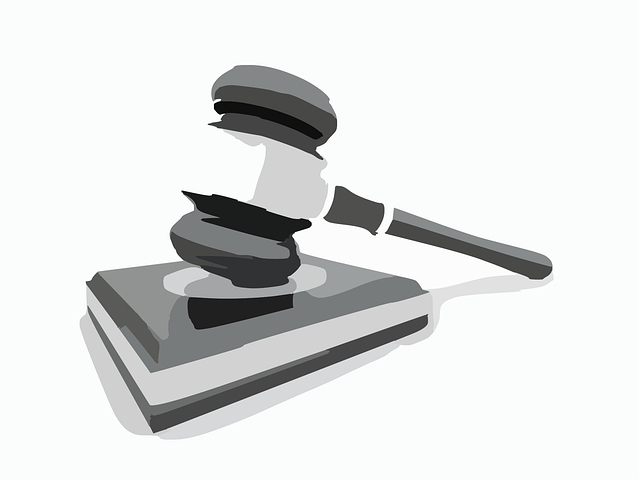RF Regulatory Agency investigations require robust evidence gathering, including detailed documentation and preservation of digital records. Understanding steps to file an intellectual property lawsuit is vital for businesses with RF-related patents. Engaging specialized legal counsel guides you through investigations, minimizes penalties, and prepares for potential IP lawsuits. Proactive compliance fosters positive relationships with regulatory bodies.
RF Regulatory Agency investigations can significantly impact businesses, especially those dealing with wireless technologies. Understanding this process is crucial for protecting your intellectual property and ensuring compliance. This article guides you through the intricacies of RF investigations, offering practical steps including gathering evidence, preparing documentation, and knowing when to seek legal representation. By navigating these stages effectively, you can protect your rights and streamline potential challenges, especially when considering a future steps to file an intellectual property lawsuit.
- Understanding RF Regulatory Agency Investigations
- Gathering Evidence for Your Case
- Preparing and Submitting Documentation
- Legal Representation: When to Seek Help
- Navigating the Investigation Process
Understanding RF Regulatory Agency Investigations

RF Regulatory Agency Investigations are crucial processes aimed at ensuring compliance with radio frequency (RF) standards and regulations. These inquiries involve meticulous examinations of devices, systems, and operations utilizing RF technologies. The primary objective is to safeguard consumers, public safety, and national security by mitigating potential risks associated with non-compliant RF equipment. Such investigations cover a wide range, from assessing electromagnetic compatibility to verifying the integrity of wireless communication devices.
For businesses navigating these regulations, understanding the steps to file an intellectual property lawsuit becomes pertinent. In cases where a respective business feels its RF-related patents or proprietary technologies have been infringed upon across the country, seeking legal counsel specializing in general criminal defense and intellectual property law is imperative. This strategic move ensures a robust defense and protection of their innovative contributions to the RF landscape.
Gathering Evidence for Your Case

When preparing for an RF Regulatory Agency investigation or an Intellectual Property lawsuit, gathering robust evidence is paramount. The first step in this process involves meticulously documenting all relevant information and materials that could support your case. This includes collecting specifications, test results, design records, and any communication with regulatory bodies or other stakeholders. It’s crucial to maintain a detailed log of these documents, ensuring their authenticity and relevance.
The next critical phase is identifying and securing evidence that addresses potential violations or infringements. This might involve reviewing contracts, licensing agreements, and patent documentation. Additionally, preserving digital records, emails, and any online interactions related to the case is essential, as they can serve as powerful tools in both regulatory investigations and legal proceedings. In high-stakes cases, especially those involving general criminal defense, a strategic evidence collection process can help avoid indictment and mitigate potential penalties.
Preparing and Submitting Documentation

Preparing to submit documentation for an RF Regulatory Agency investigation is a crucial step in any legal process. The first steps involve gathering all relevant information and evidence related to the case, including technical specifications, communication records, and any previous interactions with regulatory bodies. Organising these materials in a structured, easily accessible format is essential for a smooth filing process.
When it comes to filing documentation, following the precise steps outlined by the RF Regulatory Agency is paramount. This includes ensuring all required forms are correctly completed and accompanied by comprehensive, accurate data that supports your respective business’s position. By providing detailed and well-presented documents, you increase the likelihood of achieving extraordinary results—potentially leading to the complete dismissal of all charges.
Legal Representation: When to Seek Help

When facing an RF Regulatory Agency investigation, understanding when to seek legal representation is crucial for navigating complex regulations and protecting your respective business interests. If you’ve received a notice of violation or are under scrutiny for potential intellectual property rights infringements, it’s advisable to take immediate steps. Engaging experienced legal counsel who specialize in regulatory affairs can be a game-changer. These professionals can provide insights into the intricate legal landscape and help formulate a robust defense strategy.
Seeking assistance early on allows you to understand your rights, obligations, and available options. With their expertise, they can guide you through the steps to file an intellectual property lawsuit if necessary, aiming for achieving extraordinary results for his clients. This proactive approach ensures that every aspect of the investigation is handled with precision, minimizing potential penalties and legal complications.
Navigating the Investigation Process

Navigating the Investigation process for RF Regulatory Agency inquiries can seem daunting, but understanding the steps involved can help all parties involved achieve extraordinary results. When a potential violation of radio frequency (RF) regulations is suspected, the first step is to gather comprehensive evidence and documentation. This includes technical reports, communication records, and any relevant data that could support or refute the claims.
Submitting a detailed report to the RF Regulatory Agency is crucial. The process involves clearly outlining the alleged infractions, providing supporting evidence, and explaining how these actions impact the broader philanthropic and political communities. Once filed, corporate and individual clients await further communication from the agency, which may include requests for additional information or interviews. By proactively following these steps, entities can demonstrate their commitment to compliance and foster positive relationships with regulatory bodies.
RF Regulatory Agency investigations can be complex, but understanding the process is key. By following structured steps, from gathering evidence and preparing documentation to seeking legal representation when needed, you can navigate this challenging landscape effectively. Remember, a thorough preparation for an RF investigation not only fosters success in resolving any issues but also demonstrates your commitment to compliance and intellectual property protection, including the potential to avoid costly legal battles by proactively addressing concerns. For those facing an IP lawsuit, these investigations play a pivotal role in defining strategies and outcomes, so it’s crucial to grasp the ins and outs of the process, especially when considering the steps to file an intellectual property lawsuit.






